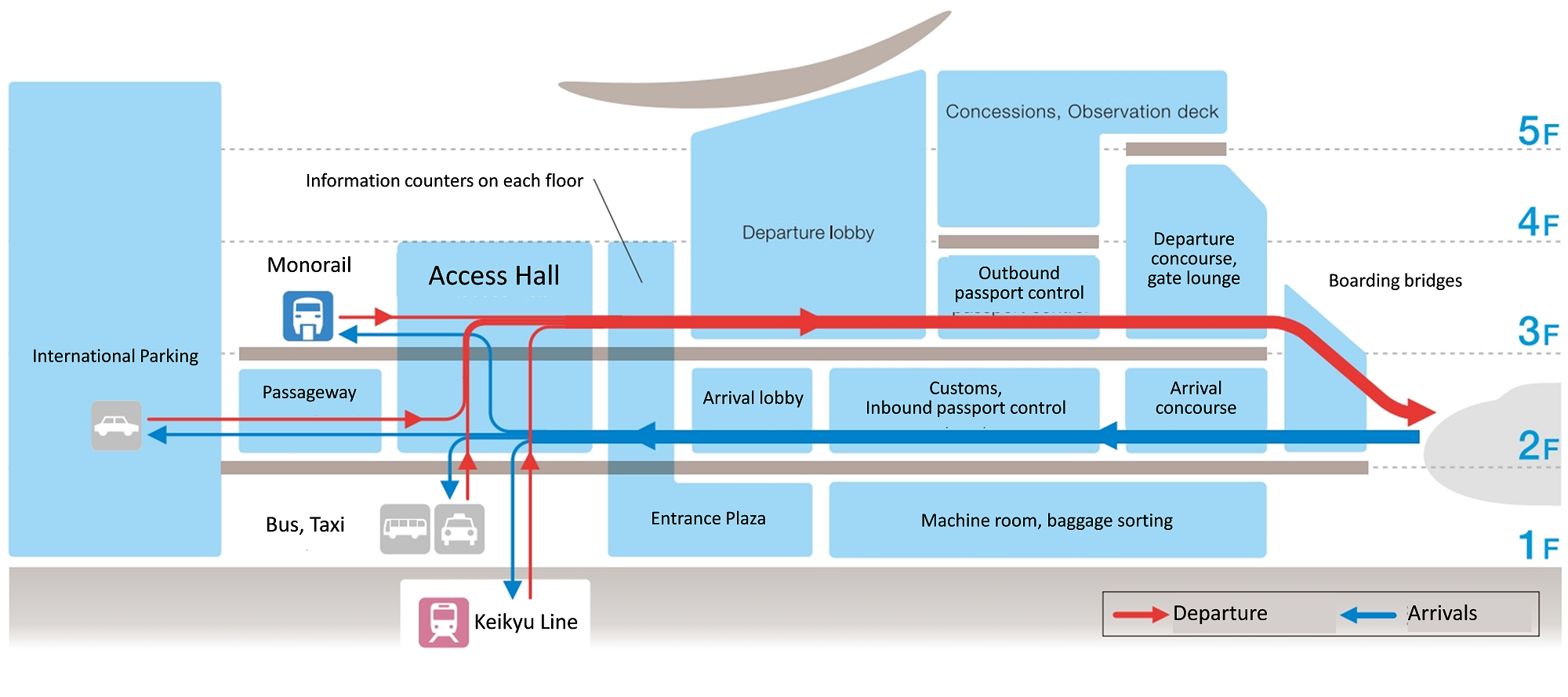By applying a landscape perspective to forest management, the ecosystem as a whole is considered. For this solution, a special focus has been given to biodiversity, climate change adaptation, and pasture management.
A diverse forest plot has multiple benefits for the forest tenant. Firstly, the tenant has a diverse harvest which contributes to food and nutation security. Secondly, species diversity reduces the risk of pests and increases the soil fertility. Thirdly, diverse forests provide a habitat for pollinators, which are crucial for fruit and nut trees.
Tajikistan is prone to disasters, further reinforced by overharvested natural resources and climate change having fierce impacts. Landslides and droughts are common phenomena but the frequency and intensity have increased significantly. Forest cover on slopes and along river banks are an important adaptation and disaster risk reduction strategy.
Further, livestock is frequently grazing on forest areas, as pastures are scarce and the limited land available overused and degraded. Forest grazing reduces ground cover, impedes the root system, and hinders natural forest regeneration. Therefore, grazing must be addressed together with the forest tenants and solutions identified that go beyond the prohibition of grazing in forests.
By applying a landscape perspective, a multitude of problems, difficulties, and risks to the community can be addressed. Consequently, the approach has gained in acceptance by the local communities as it takes environmental, economic and social challenges into account.
The experience has shown that political land delineations often do not correspond with ecosystem boundaries. Areas, assigned for re- and afforestation, do usually not cover a whole ecosystem but are part of a bigger ecosystem with which the forest area interacts and shares resources. Consequently, forest management needs to consider implications by and interactions with the wider ecosystem the forest plot is part of. As various land use types and land use rights interact in one ecosystem for which different ministerial bodies are responsible, the establishment of an inter-sectoral dialogue to foster coordination and cooperation of all involved actors at landscape level has proven to be successful. Within the JFM implementation in Tajikistan, a bi-annual exchange has been established, where practitioners, relevant ministries and local as well as international organizations exchange. This exchange platform is not only appreciated by partners but also helped to include the landscape perspective. Therefore, an exchange platform is highly recommendable.
